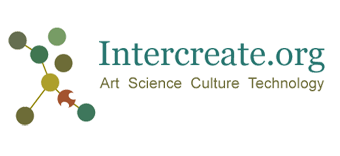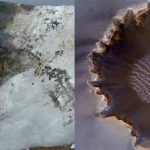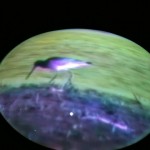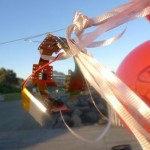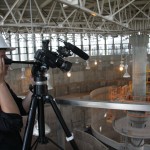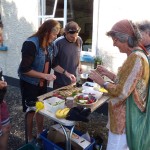Extinction or adaptation? Evolution or Revolution? What are we facing?
We know we have built a civilisation which is unsustainable. How are we developing today the new culture that will allow us to create a sustainable civilisation?
— Roger Malina, Astrophysicist and Editor of Leonardo
The great work of our times, I would say, is moving the human community from its present situation as a destructive presence on the planet to a benign or mutually enhancing presence. It is that simple.
— Thomas Berry, Cultural Historian and Geologian
The complexity and urgency of the global ecological crises of today calls for us to engage together in new ways. Deep shifts in our consciousness may be required for long-term cultural changes to occur. In what ways might we encourage a kind of ‘reboot’ and re-imagining of our narratives about ourselves as a species, so to inspire ourselves towards more co-beneficial relationships with the biosphere?
A symposium followed by a creative residency reflecting on these topics was held during the last two weeks of January 2011 in the city, parks and surrounds of New Plymouth, Aotearoa New Zealand.
The Eco sapiens Concept
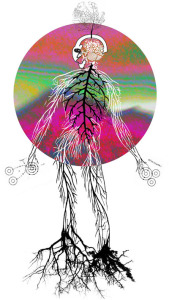 A tendency exists to perceive our species as a supreme and exceptional creature, able to invent our way through any situation, denying limits of physicality or of our current understandings.
A tendency exists to perceive our species as a supreme and exceptional creature, able to invent our way through any situation, denying limits of physicality or of our current understandings.
With the term Eco sapiens we take the perspective that it is instead changes within ourselves and our species relationships to existing systems of the biosphere that is most urgently required, rather than a re-engineering of these to suit ourselves. Inventiveness and innovation are crucial, yet must be tempered with the humility that comes with an appreciation of the complexity of the systems that support us.
While the prefix of ‘eco’ is understood as all things green, it originates from the Greek word oikos, meaning home. Ecology can therefore be seen as the study of home. In its combination with the Latin word sapiens (of Homo sapiens) which means ‘wise’, we posit a scenario in which future descendants of ours species have adapted to develop a greater sensitivity to, and understanding of the complexity of ecological systems, in order to survive.
Creative Residency Projects
Projects for the creative residency were selected for their poetic pragmatics, local social engagements, and ability to instigate a mode of thinking about our understandings of ourselves and our relationships to the ecologies, energies and networks around us.
Examples of Creative Residency projects:
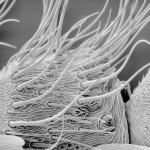
PLUME
Hui/Symposium
A hui/symposium was held January 14-16 at Owae Marae in Waitara. The hui/symposium gathered together people from different knowledges – astronomers, evolutionary biologists, artists, philosophers, teachers, botanists, zoologists, tangata whenua and other local people – to share their perspectives on our understandings of nature. The symposium was arranged into topical groupings which started from a big picture view (e.g. the universe), and worked it’s way into the more immediate and practical topics and issues (e.g. teaching ecoliteracy). Attendees were invited to participate in the residency projects, workshops and public events of the symposium and it’s Open Day, and over the following two weeks. Artist talks were later held at the Govett Brewster Art Gallery on the last weekend of January.
If would be interested to attend the next event then please contact us, to be added to our mailing list.
